Dysautonomia is a disorder disrupting one or more autonomic nervous system functions (ANS). If ANS are affected, the automatic processes in the body don't work correctly, leading to symptoms that vary in number and severity.
Body processes governed by the autonomic nervous system are functions we usually don't give much thought about during the day. This is because they are automatic, allowing us to focus on more conscious, important things. Such processes include heart rate, digestion, kidney function, blood pressure, pupil dilation, and respiration.
Disrupting these functions can have unpredictable consequences. Some people do not notice many changes, experiencing only minor inconveniences. However, others have to learn how to manage severe symptoms such as chest pain, fainting, difficulty breathing, nausea, and many more, depending on which ANS is disrupted.
According to the data collected by Dysautonomia International, a non-profit organization, dysautonomia affects over 70 million people![]() worldwide. Although some factors like heritage and family history increase the risk of it, anyone can develop it regardless of age, race, and ethnicity.
worldwide. Although some factors like heritage and family history increase the risk of it, anyone can develop it regardless of age, race, and ethnicity.
Dysautonomia is classified into 15 types![]() . Two of the most common are postural orthostatic tachycardia syndrome (POTS) and neurocardiogenic syncope/autonomic mediated syncope (NCS). Examples of other types include multiple system atrophy (MSA), diabetic autonomic neuropathy, autonomic dysreflexia (AD), and baroreflex failure.
. Two of the most common are postural orthostatic tachycardia syndrome (POTS) and neurocardiogenic syncope/autonomic mediated syncope (NCS). Examples of other types include multiple system atrophy (MSA), diabetic autonomic neuropathy, autonomic dysreflexia (AD), and baroreflex failure.
Postural orthostatic tachycardia syndrome (POTS), a more common type of dysautonomia, affects 1 in 100 teenagers and affected about 3 million Americans before the coronavirus pandemic. Common symptoms include dizziness, chest pain, increased heart rate after standing up, sitting, or lying down, and shortness of breath.
Neurocardiogenic syncope is another of the most common types. It affects tens of millions of people worldwide, often causing only mild symptoms. Many people with this condition faint only 1 to 2 times during their lifetime. However, a more severe version of NCS causes several faints during the day, which increases the risk of injuries due to falling.
Multiple system atrophy is a rare and severe form of dysautonomia usually observed in people over 40. It impacts involuntary movements with a tendency to get worse over time. It leads to such neurological problems as severe balance problems, dementia, tremors, and weakness.
People affected by MSA are usually bedridden within two years after diagnosis and are expected to live for 5-10 years.
Diabetic autonomic neuropathy may develop due to diabetes. It affects the nerves that control the digestive system, genitals, heart, bladder, and other organs.
Symptoms of diabetic autonomic neuropathy include:
Autonomic dysreflexia (AD) usually develops as secondary dysautonomia in people with spinal cord injuries. The risk of AD increases with the severity of the injury. Its symptoms include nausea, blotchy skin, headaches, slow pulse, blocked nose, and goosebumps near the injury site.
Baroreflex failure is a rare condition that affects blood pressure. The baroreflex mechanism is responsible for maintaining correct blood pressure thanks to stretch receptors called baroreceptors situated in important blood vessels. If the function of baroreceptors is affected, blood pressure can become too high or too low, potentially leading to headaches, abnormal heart rate, and excessive sweating.
Dysautonomias can be either primary or secondary, depending on what causes them. Primary dysautonomias refer to dysautonomias that develop independently, while secondary dysautonomias occur due to other health conditions.
Primary dysautonomias don't happen as often as secondary dysautonomias. They develop without a specific condition causing it and are associated with several factors:
You are at the greatest risk of developing dysautonomia if a first-degree family member has it.
Many medical conditions may cause or increase the risk of developing dysautonomia. Examples include the following:
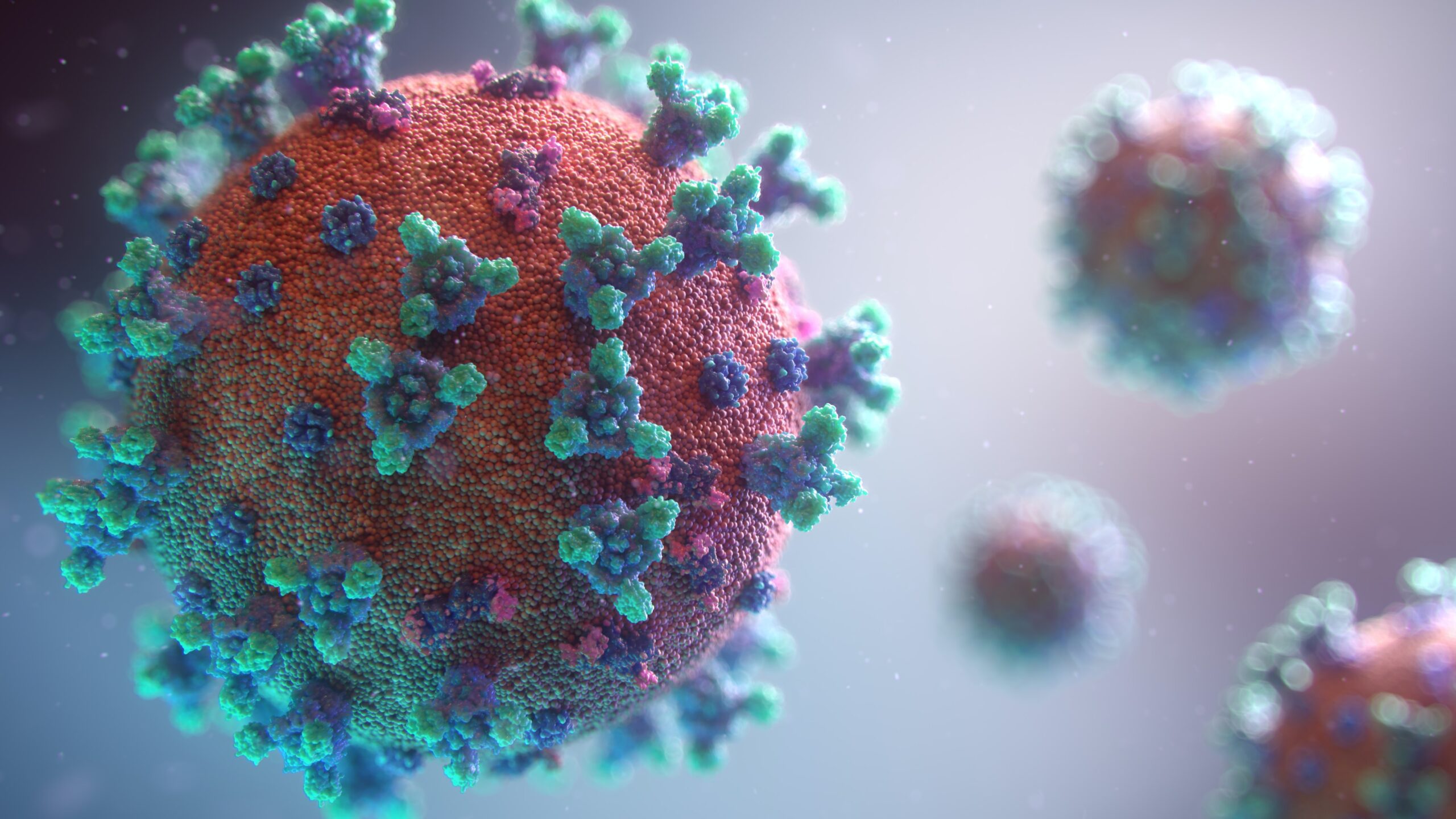
Dysautonomia may affect various body systems![]() , so the list of possible problems it may cause is vast. Depending on which body function is disrupted, one person with dysautonomia may experience a completely different set of issues than other affected people.
, so the list of possible problems it may cause is vast. Depending on which body function is disrupted, one person with dysautonomia may experience a completely different set of issues than other affected people.
Doctors usually group dysautonomia symptoms based on the affected function of the autonomic nervous system (ANS). There are eight such groups:
Examples of the most common problems associated with the eight ANS functions include the following:
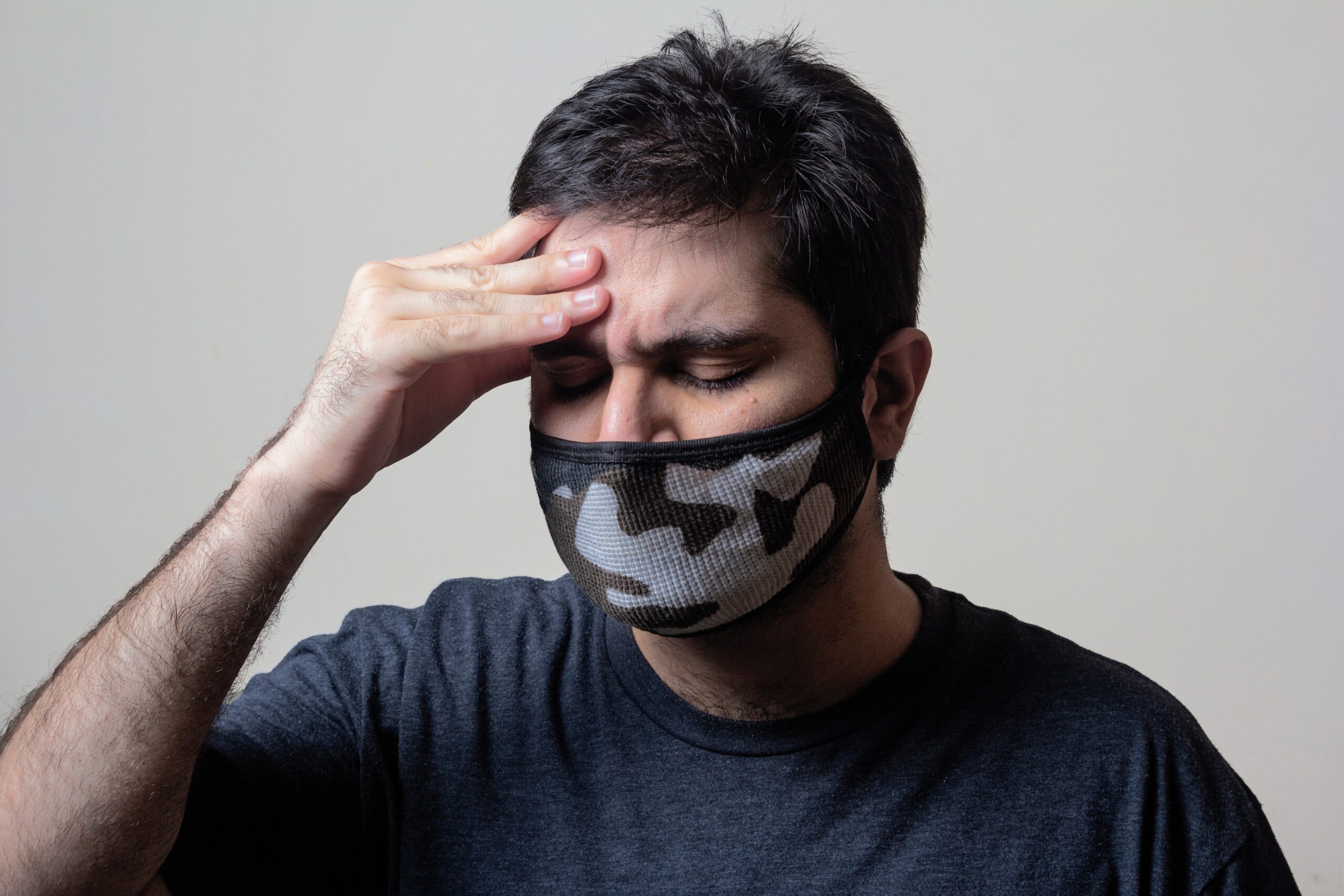
Dysautonomia may result in many severe and life-threatening health problems. Examples of the most concerning complications include:
Diagnosis of dysautonomia encompasses a thorough physical examination, a review of the patient's medical and family history, and determining the type of dysautonomia and the affected functions of the autonomic nervous system.
Dysautonomia often poses a diagnostic challenge and requires several tests to diagnose correctly. Some of these tests include:
Your doctor may order additional tests depending on your specific needs. It is challenging to list all diagnostic methods used in investigating cases of dysautonomia, which stems from its unpredictable nature and the wide variety of health issues it may lead to.
Another diagnostic challenge of dysautonomia is differentiating it from other medical conditions that may mimic its symptoms. Examples of such conditions are as follows:
There is no cure for dysautonomia![]() , but several treatment strategies exist to relieve symptoms and help manage this condition more effectively. Treatment is usually a combination of medication to address specific health problems caused by dysautonomia, changes in daily habits, and adjustments in diet.
, but several treatment strategies exist to relieve symptoms and help manage this condition more effectively. Treatment is usually a combination of medication to address specific health problems caused by dysautonomia, changes in daily habits, and adjustments in diet.
Some people may benefit from medication, such as drugs that increase blood pressure or immune-suppressing medications, if autoimmune conditions develop due to dysautonomia.
Ask your doctor if you should take any medication to aid you against dysautonomia. You may need to seek advice from multiple specialists, depending on which automatic functions of your body get disrupted.
Some of the common lifestyle and diet adjustments used to treat dysautonomia include:
Your healthcare provider remains your most reliable source of information regarding dysautonomia treatments due to the many possibilities. They possess the expertise to offer details tailored to your situation and requirements. Additionally, they can inform you about potential side effects and complications and guide you in minimizing or preventing them.

Because dysautonomia is unpredictable and can vary greatly from person to person![]() , it is difficult to tell what life with this condition would be like. Depending on the severity of the symptoms and the affected function of the autonomic nervous system, it may be a minor or severe problem. Some people don't experience any symptoms for months or years, while others are impacted daily.
, it is difficult to tell what life with this condition would be like. Depending on the severity of the symptoms and the affected function of the autonomic nervous system, it may be a minor or severe problem. Some people don't experience any symptoms for months or years, while others are impacted daily.
Severe dysautonomia may limit the ability to work and perform daily activities and even lead to life-threatening complications. If you suspect you may have dysautonomia, contact a healthcare professional to receive a diagnosis. Your doctor will evaluate how much dysautonomia impacts your life and provide a prognosis based on your case.
Dysautonomia may cause severe symptoms that make you want to contact a medical emergency. Sometimes, it may be difficult to tell if dizziness, lightheadedness, or breathing difficulty are caused by dysautonomia or if they occurred due to other health problems. When you are experiencing a serious health issue, such as severe chest pain, difficulty breathing, or heart palpitations, you should always contact an emergency, even if you are in doubt.
To avoid hesitation during a crisis, discuss with your doctor what to do when such problems arise and how to differentiate them from dysautonomia.
Dysautonomia is a disorder affecting the autonomic nervous system (ANS), disrupting automatic bodily functions such as heart rate, digestion, and blood pressure. It manifests with diverse symptoms, including dizziness, chest pain, and difficulty breathing. Its complications can be severe, impacting breathing, urinary functions, gastrointestinal health, and heart rhythm.
There are various types of dysautonomia, such as postural orthostatic tachycardia syndrome (POTS), neurocardiogenic syncope (NCS), multiple system atrophy (MSA), diabetic autonomic neuropathy, autonomic dysreflexia (AD), and baroreflex failure.
Primary dysautonomias develop independently, often linked to factors like heritage and family history, while secondary dysautonomias result from underlying health conditions. Causes include genetic predisposition, certain diseases, medications, and trauma.
Dysautonomia symptoms vary widely, affecting sensory perception, cognition, heart rate, circulation, excretion, digestion, respiration, and temperature regulation.
Diagnosis involves physical exams and tests like ECG, sweat, and ultrasound. Differential diagnosis is crucial to distinguish dysautonomia from conditions with similar symptoms.
Although there's no cure, treatment focuses on symptom management. Medications, lifestyle changes, and dietary adjustments may be recommended. Emergency medical attention is necessary for severe symptoms, such as chest pain or difficulty breathing.
Prognosis varies, with dysautonomia's unpredictable nature making it challenging to determine the impact on an individual's life.
Seeking professional guidance is crucial for accurate diagnosis, personalized treatment plans, and understanding the prognosis based on the severity of symptoms and affected ANS functions.
Table of Contents
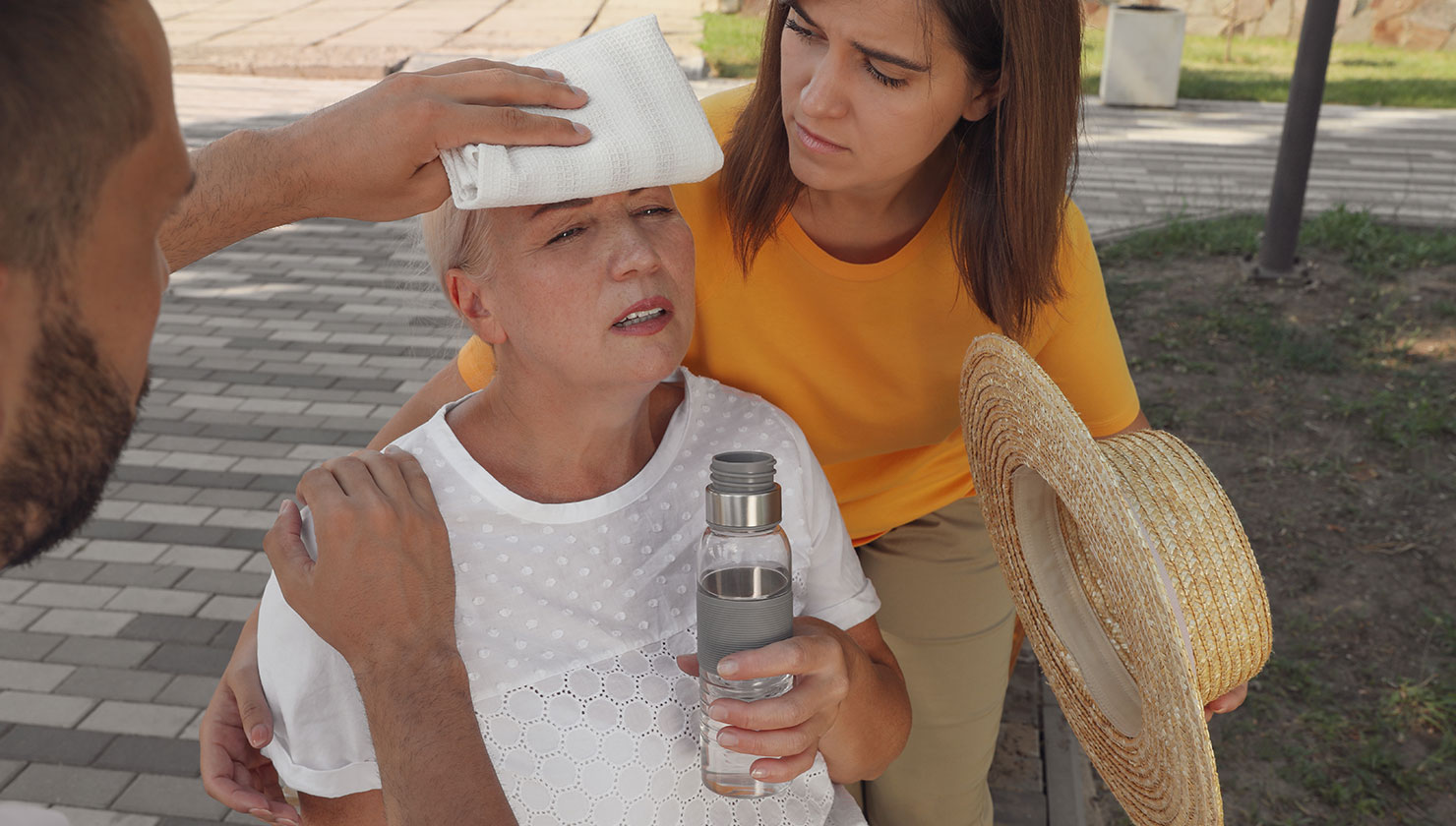
Vasovagal syncope is a loss of consciousness that occurs due to brief and temporary hypoxia of the brain. Learn about… read more »
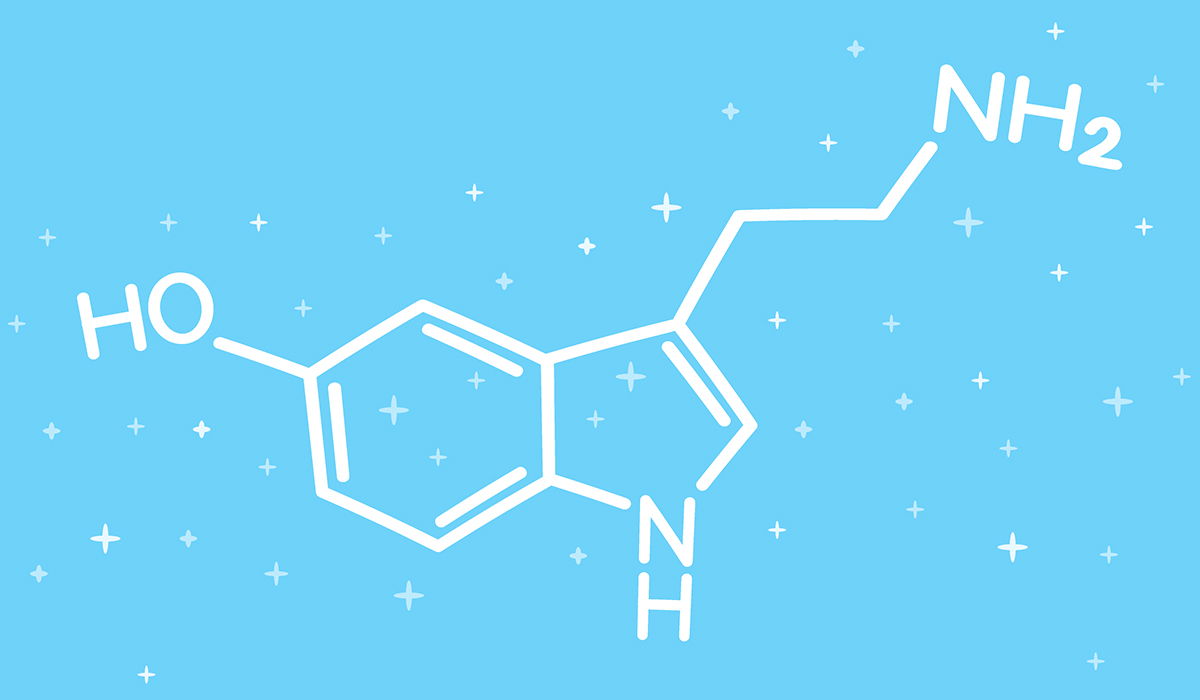
Serotonin syndrome (SS) is a drug-induced syndrome that is dangerous. This condition can occur after starting a serotonergic drug. Find… read more »

Neuropathy is a disease that influences nerves. Learn what are the symptoms and causes of neuropathy. Check out how it… read more »
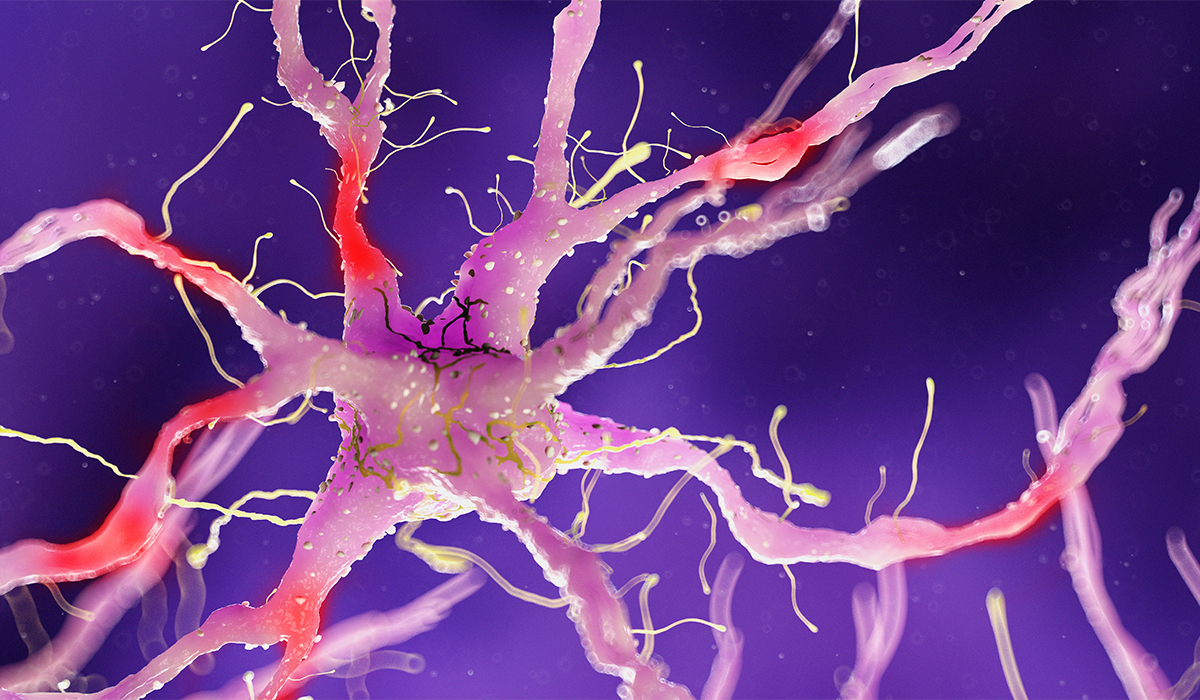
Nerve damage, also known as neuropathy, could be a condition that influences the body's nervous framework. The nervous framework is a… read more »
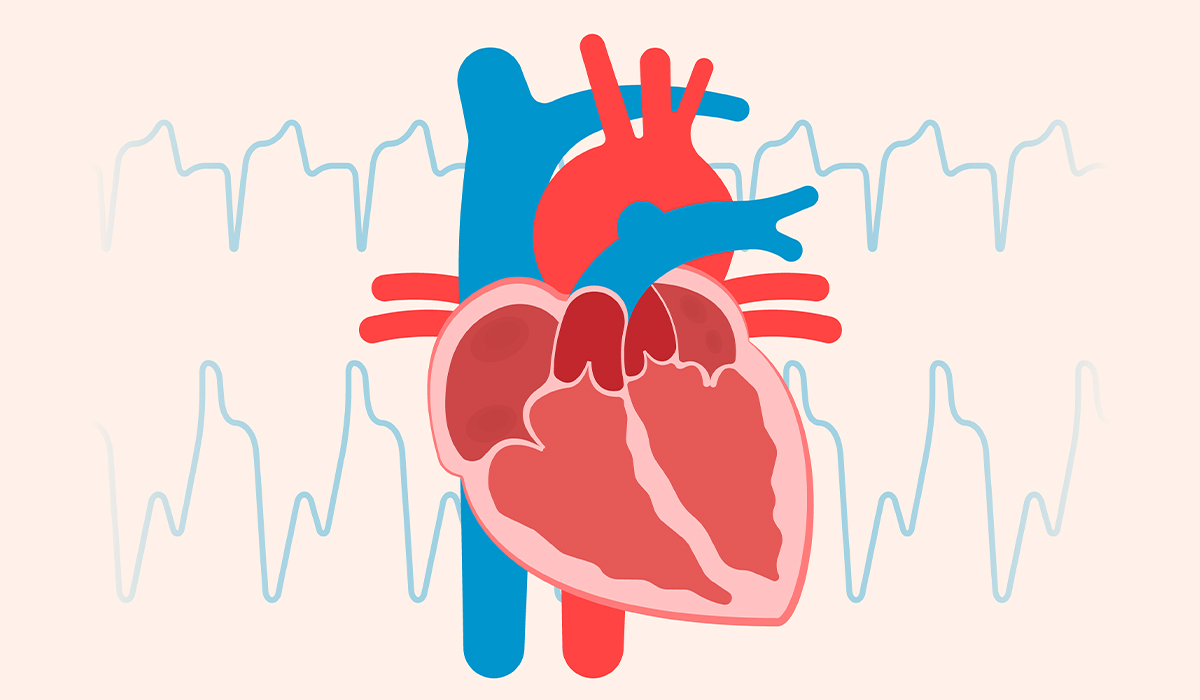
Cardiomyopathy refers to an abnormality in the heart muscle. There are various types and causes of cardiomyopathy. Learn about the… read more »

Neuropathy is a disease of the peripheral nerves. Discover what are the most common neuropathy symptoms and ow to deal… read more »
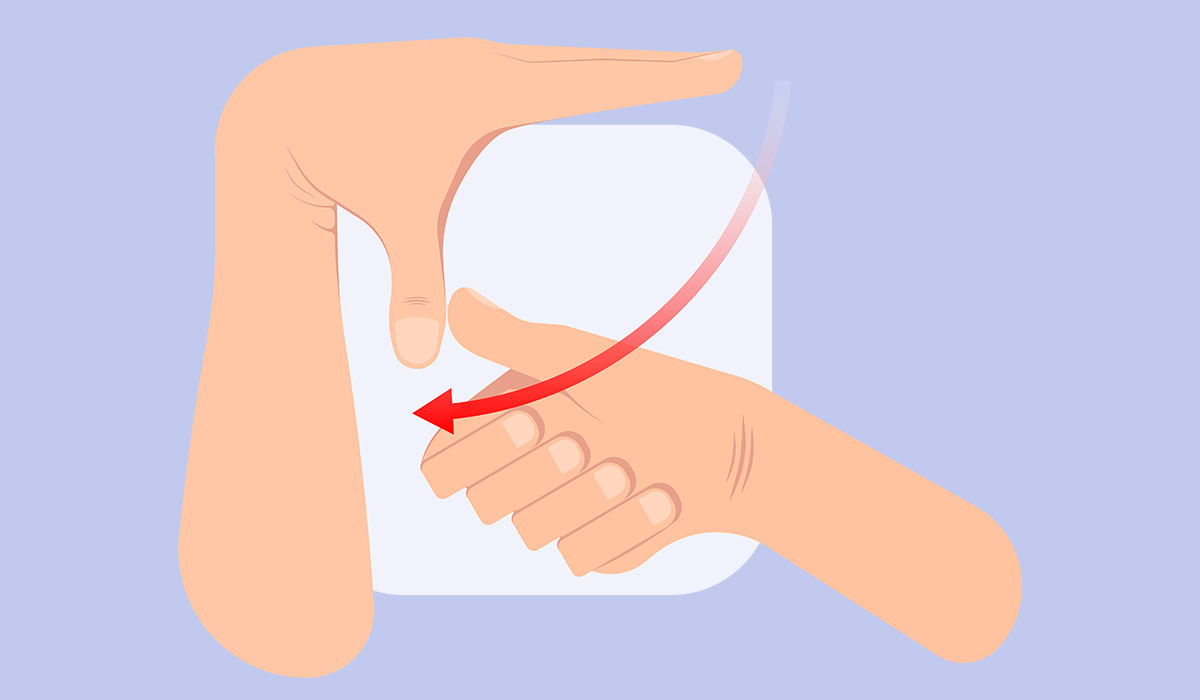
Ehlers-Danlos Syndrome is a group of diseases with a genetic basis. Learn all the symptoms associated with EDS. Find out… read more »
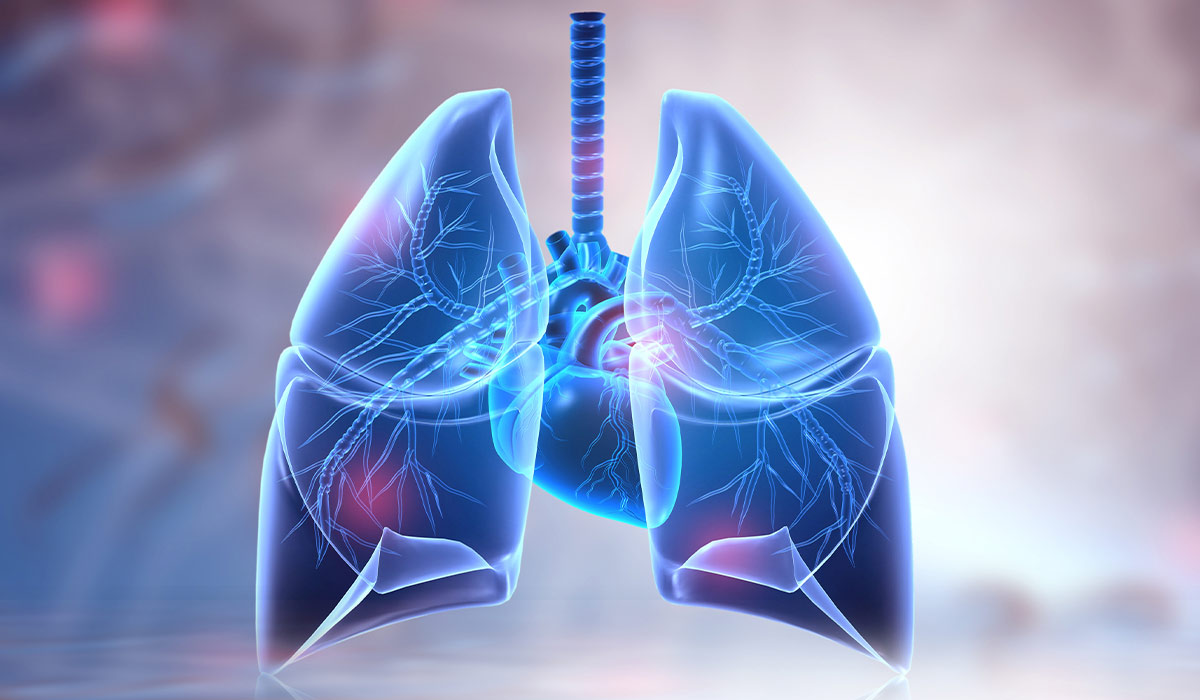
Hypercapnia is a condition in which the partial pressure of carbon dioxide in our blood is increased. This can be… read more »

Dehydration can cause many negative health effects. It is a common problem in children and seniors. Learn how to recognize… read more »